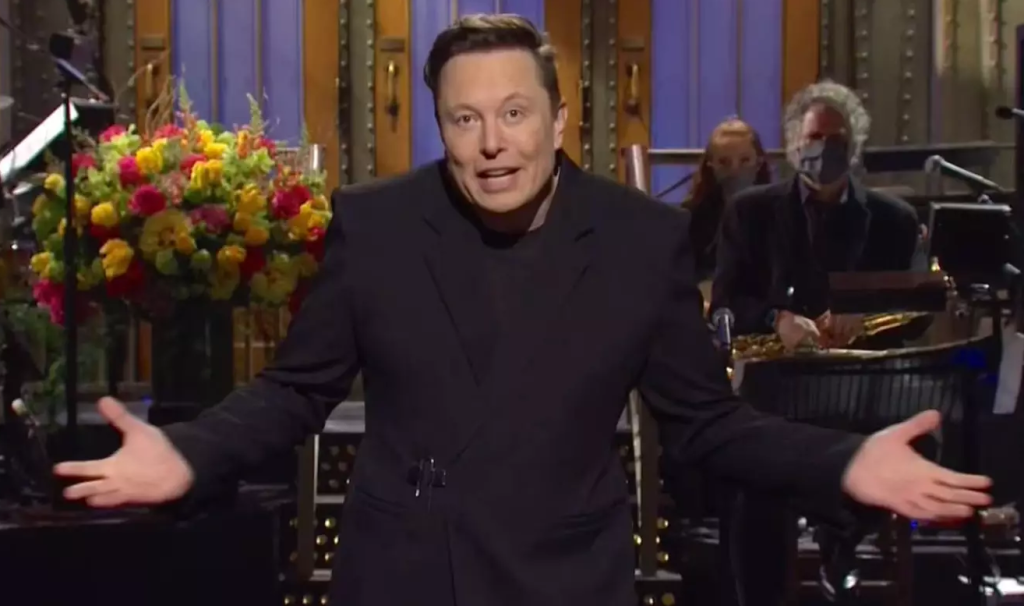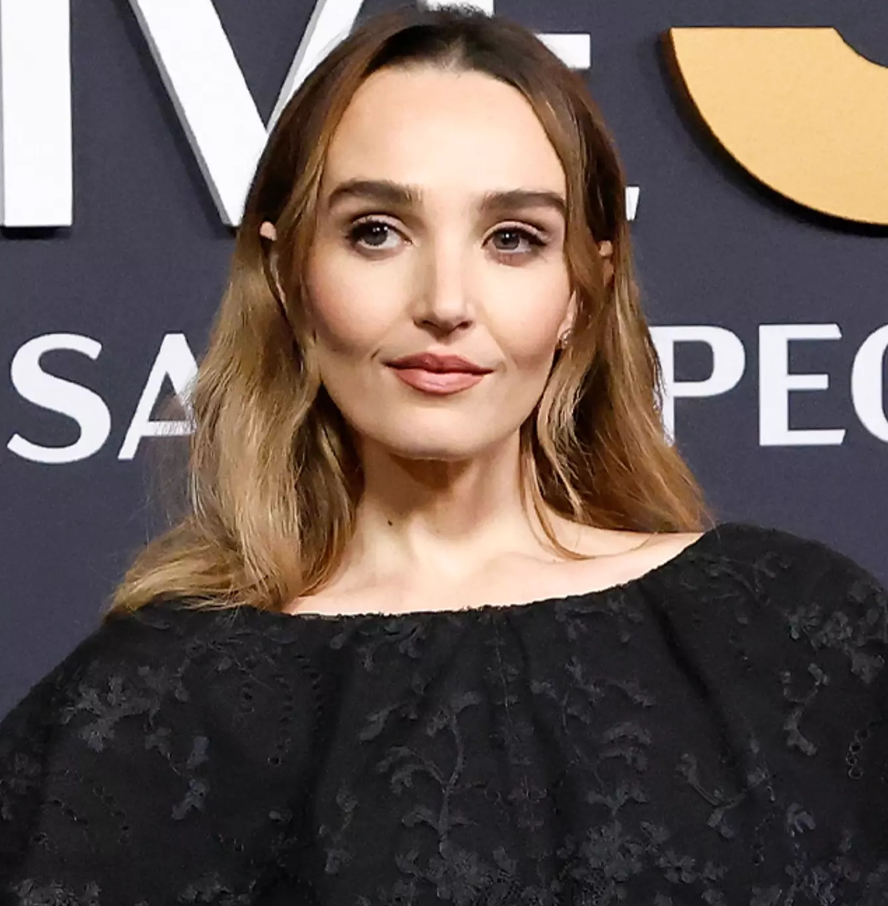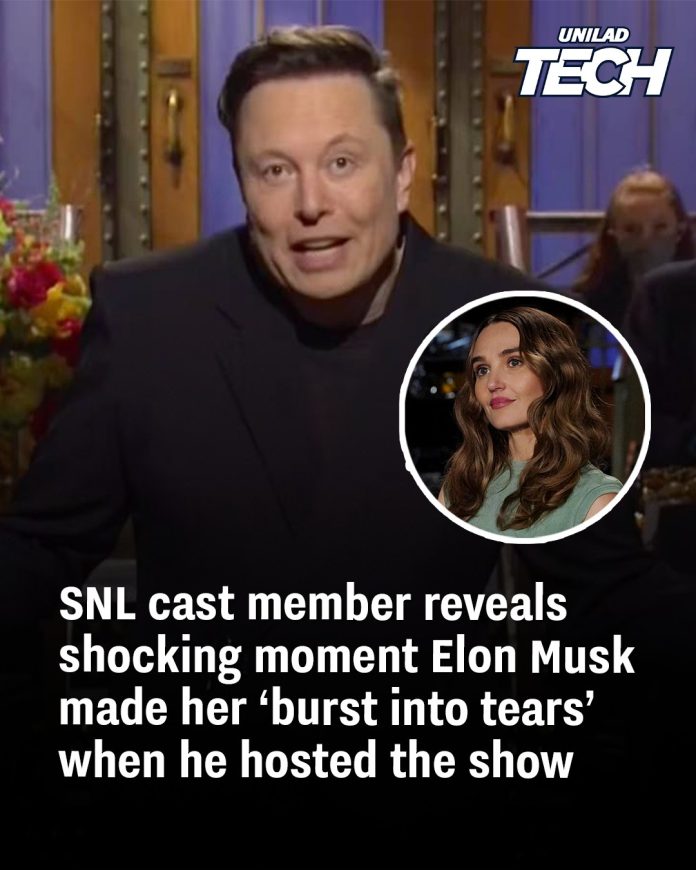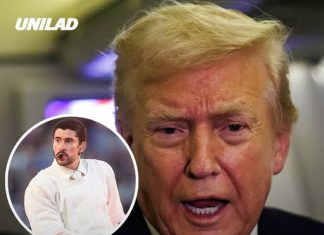In May 2021, Elon Musk, the CEO of Tesla and SpaceX, hosted an episode of “Saturday Night Live” (SNL), marking one of the most talked-about episodes in recent years. While the broadcast garnered significant attention, behind the scenes, tensions arose between Musk and certain cast members, notably Chloe Fineman.

Chloe Fineman’s Experience with Elon Musk
Chloe Fineman, known for her adept celebrity impressions and comedic versatility, joined SNL in 2019. She has portrayed various personalities, including Drew Barrymore and Meryl Streep. In a now-deleted TikTok video from November 2024, Fineman recounted a distressing interaction with Musk during his hosting stint. She detailed how she had invested considerable effort into writing a sketch, staying up all night to perfect it. Eager to present her work, she approached Musk to inquire if he had any questions. His response was unexpectedly harsh; he dismissed the sketch, stating, “It’s not funny.” Fineman described feeling as though she was being “fired from Tesla,” leading her to “burst into tears.”
Broader Cast Reactions and Bowen Yang’s Remarks
Fineman’s experience wasn’t isolated. In August 2024, fellow SNL cast member Bowen Yang alluded to a male host who had caused multiple staff members to become emotional due to his critical feedback on their ideas. While Yang did not explicitly name Musk, Fineman’s subsequent revelation provided clarity on the matter.
Elon Musk’s Response
Following Fineman’s disclosure, Musk addressed the situation on his social media platform, X (formerly known as Twitter). He expressed concerns about the comedic quality of the sketches leading up to the live show, stating that it wasn’t until the Thursday before the broadcast that any sketches elicited laughter. Musk admitted he was worried his appearance would be “so unfunny that it will make a crackhead sober,” but concluded that “it worked out in the end.”

Ongoing Tensions Between Musk and SNL
The relationship between Musk and SNL has remained strained. In subsequent episodes, SNL has parodied Musk, with comedian Mike Myers impersonating him in sketches that satirized his ventures and public persona. These portrayals have elicited reactions from Musk, who criticized the show for being “out of touch with reality” and claimed it was “dying slowly for years.”
Conclusion
Elon Musk’s tenure as an SNL host was marked by both on-screen performances and off-screen controversies. The interactions between Musk and the SNL cast, particularly Chloe Fineman, underscore the complexities that can arise when figures from outside the entertainment industry step into the comedic spotlight. While the sketches aired as planned, the behind-the-scenes dynamics reveal the challenges of merging distinct professional worlds.

















